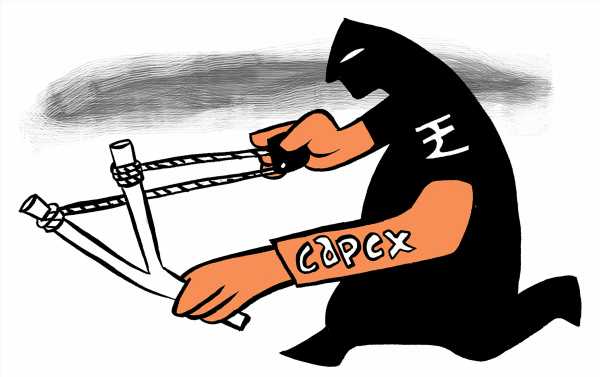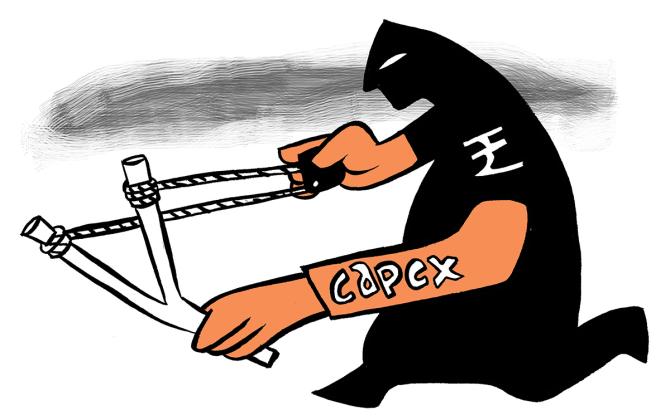The share of foreign companies in private sector investments, directed towards building new factories and other facilities, has declined over the past six months.
A mix of large domestic announcements and relatively lower growth in foreign capital expenditure (capex) plans have played a role, although foreign investments remain near record levels.
The share of foreign companies in the overall private sector investments over the four quarters ended June 2023 has dipped to 14.9 per cent, as shown by a Business Standard analysis of data from the project tracker Centre for Monitoring Indian Economy.
It was 21.9 per cent in December 2022 and 16.5 per cent in March 2023.
The rolling four-quarter number eliminates any seasonal issues in new project announcements.
The private sector has announced new projects worth Rs 27.5 trillion in the four quarters ended June.
This is the highest in data going back to June 2009.
This was largely driven by Rs 11 trillion worth of capex announcements in the March 2023 quarter.
The quarter had seen large orders from Air India for new aircraft, which are also counted as capex.
New project momentum had been building up even before the order.
Trailing four-quarter announcements crossed Rs 10 trillion in March 2022 and have since stayed above that mark.
Foreign private sector company announcements touched a high of Rs 4.9 trillion in December 2022 on a rolling four-quarter basis.
This dipped to Rs 4.5 trillion in March 2023 and Rs 4.1 trillion in June 2023.
Many companies are looking to invest in factories outside China to reduce their dependence on one country.
Business Standard had reported earlier about how competition remains stiff from other Asian countries, including places like Vietnam, which have attracted key players to shift manufacturing there.
Chinese electronics major BYD shifted some of its Apple iPad production to Vietnam in 2022.
But there are some encouraging signs for the industry.
The output of eight key infrastructure sectors, including steel and cement, grew by 8.2 per cent in June — the highest in five months.
Banks are lending more than before.
Credit offtake grew by 16.2 per cent in June 2023, compared with 14.5 per cent in June 2022.
Industrial credit grew at 8.1 per cent, compared with 9.5 per cent growth a year earlier.
Services sector credit offtake grew 26.7 per cent, compared with 12.8 per cent previously.
A compound annual growth rate (CAGR) in double-digits is likely until 2025-26 (FY26), given relatively low company debt levels, according to a July 6 India Industrials report from financial services group Jefferies, authored by equity analyst Lavina Quadros.
“The Centre has set the stage for double-digit capex growth since 2021 with its plan to divert incremental spend to capex.
“Our bottom-up corporate capex database points to a 16 per cent CAGR in industrial capex in 2022-23 through FY26E.
“The gross debt/equity ratio for large listed companies is less than 0.6x, implying capex can be comfortably financed between internal accruals and some leverage,” it said.
An LGT Wealth India May 2023 Monthly Investment Perspectives report also suggested a strong investment push.
“In 2023-24, investment will likely remain the key growth, with strong public investment complemented by the fruition of large corporates’ investment plans.
“The Centre should pump in Rs 10 trillion, states around Rs 7 trillion, and the private sector should at least match, if not easily outpace, these outlays,” it said.
Source: Read Full Article


